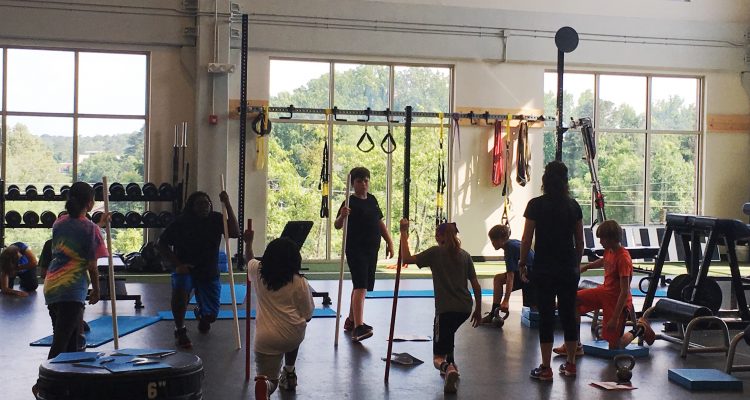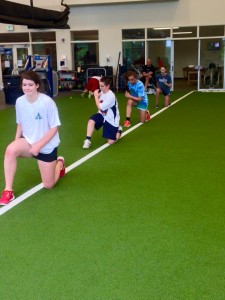The demand placed on today’s youth is greater than ever before. With school, sports, other extracurricular activities, friends, and family, their days are filled from sunrise to sunset. In addition, youth athletes often compete in different sports and/or for a variety of teams, leaving little time for recovery between practices and sport seasons.
Additional hurdles in youth sports are the perceptions that “more is better” and youth athletes recover more quickly from hard workouts than adults; however, because children and adolescents are still growing and developing, they actually require more time than adults for recovery between high volume and high intensity training sessions. Without sufficient time for recovery, high-grade stress (practice, training sessions, games, social and emotional stress) over a period of several months can cause an athlete to fall into extreme exhaustion (mental, neural, and adrenal) and increase risk for illness and injury. Athletes don’t often know when to stop or slow down; therefore, it is vital for coaches and parents to understand the importance of recovery and how to incorporate it into the game plan.
Here are a few key points to help:
- Both training and rest are needed for muscle development. Training activates Satellite Cells and increases insulin-like growth factor, but muscle growth occurs whenever the rate of muscle protein synthesis is greater than the rate of muscle protein breakdown, which is at rest. Athletes need 8+ hours of sleep every night. Sleep is key for growth and recovery.
- Food is fuel and necessary for cellular repair, growth and development. Encourage athletes to consume a diet of whole foods (fruits, vegetables, meat, eggs, and whole grains) and to drink plenty of water.
- The post exercise meal is vital. For optimal recovery, athletes should consume 20 grams of protein and 60 grams of carbohydrate within 30 minutes after activity. Excellent options include: turkey sandwich on whole grain bread, Greek yogurt with 1 cup of berries, or an apple with 2 tablespoon of a nut butter.
- Be aware of your child or athletes emotional state. Athletes who have reached a state of over training often show lack of enthusiasm and personality or mood changes.
- Encourage youth athletes to have 1-2 complete rest days per week, and 2 complete rest weeks every 3 month from organized sport participation.
- Incorporate active recovery or lighter days into training. This could simply include reduced load and/or volume of training, or greater focus on mobility and myofascial work (ex. Foam rolling).
Sports are supposed to be challenging but fun. Make sure your child is enjoying their sports participation!
By: Lauren Higgins, M.S., CSCS, FMS


